Revisiting Your Old Writing
Long ago, when I was in college trying my hand at fiction, I had a creative writing teacher who drilled into my impressionable head a rubric for assessing good writing: Is it moving, interesting, and true? She said it so often that some of us students began to make fun of it—if we’d been boozing it up in class, we could have turned it into a drinking game. Yet it was 100-proof strong in me. So much so that decades later it haunted me, drawing me back into the feeling of the immense pressure it put on me as a young writer, and how that pressure alienated me from the freedom and pleasure of creation. Maybe my work was true, but was it interesting? Maybe it was interesting, but was it moving? Maybe it was moving, but…. Well, that’s the hardest part of writing, isn’t it? At least it is for me.
Boxed up in my basement is a “slush pile” of old short stories, poems, half-finished stories, and attempts at novels that petered out at their slouching mid-points of “nothing but empty fields as far as the eye can see.” At some juncture in the corn maze of adulthood, I decided that none of my writing from the old days had all three of those rubric elements; none of it was moving, interesting, and true [drink!]. I went on to create more work, writing my way through corporate jobs, a series of dramatic and silly romances, a couple of minor car accidents, and a long marriage that was destined for the reject pile of divorce. Some of that writing was published, but most of it I boxed up and added to the slush pile. It sat in lightless boxes for a decade in my current house. But then, while spring cleaning the basement last year, I began unboxing it.
What I learned as I took trips to the basement and unearthed my old work is that I have a distinct voice as a writer: a magically consistent voice, funny and compelling, like a thruline from my old writing to my new writing. It’s a voice that says, “Hey, I’m fairly normal, but listen to this weird shit.” The voice is great. But does it demand that you listen? Does it stop the reader, causing them to urgently bend an eye even when there’s a barrel of water nearby and the reader’s ass is on fire? Or does it only slow them down with, “Hey, um, I know you’re just passing by, and your butt is ablaze—too bad about that—however, if you do have time, I think you might like … hey, where you going?”
Whatever my writing makes a stranger do or not do, I have once and for all dumped the rubric from that college course. And I feel empowered doing so. Why? For one, it’s not good for me and, with its limitations, it never was. Two, the way my mind works, I must stop and unpack any list that has more than two items on it. My focus is now on what I was trying to say in the first place in that old writing, and how great much of it was and still is. Some of it just needs a few tweaks to make it complete. Just for shits and g’s … is it moving, interesting, true? [Drink!] Maybe. Not all of it. And who cares? What’s currently important to me is, “How Franny French is it?” In other words, is it true to my unique contribution as an artist? Am I saying what someone else wants to hear, or am I saying what I truly have to say?
Writing is about the relationship created by the art: that dialogue between writer and reader that happens on the page and builds a bridge from one human being to another. It’s not based on a rubric of three things but happens for a thousand reasons—all the coincidences, serendipities, and random occurrences that pull the reader in, causing them to stop what they’re doing and forget their own life, their own pressures, plans, and sorrows, landing them in a shared space that validates their own feelings, weird thoughts, and experiences. To be moving is everything to me as a writer, and that might mean even getting someone to guffaw the tiniest bit. Because if something is moving, then isn’t it also interesting and true? [Drink!]. I mean, you know, I’ll take even a little bit of that—it’s what I’m here for.
